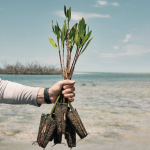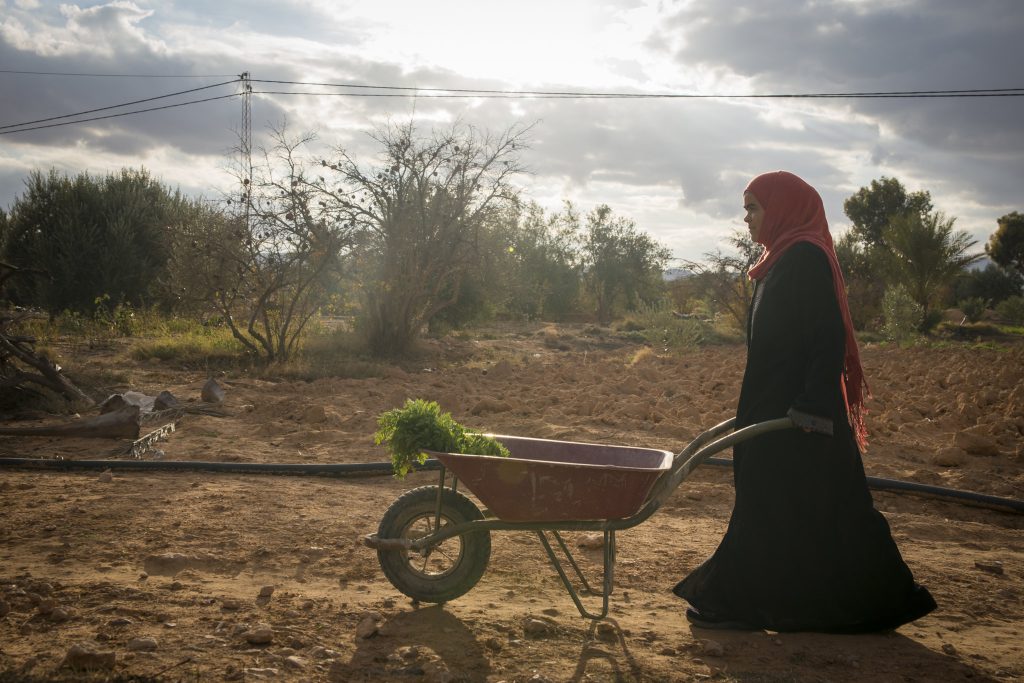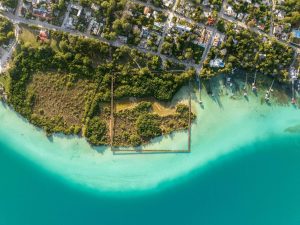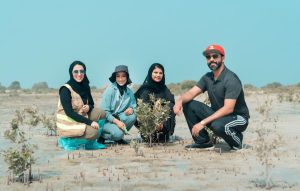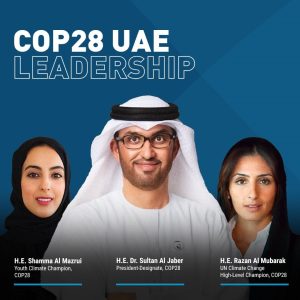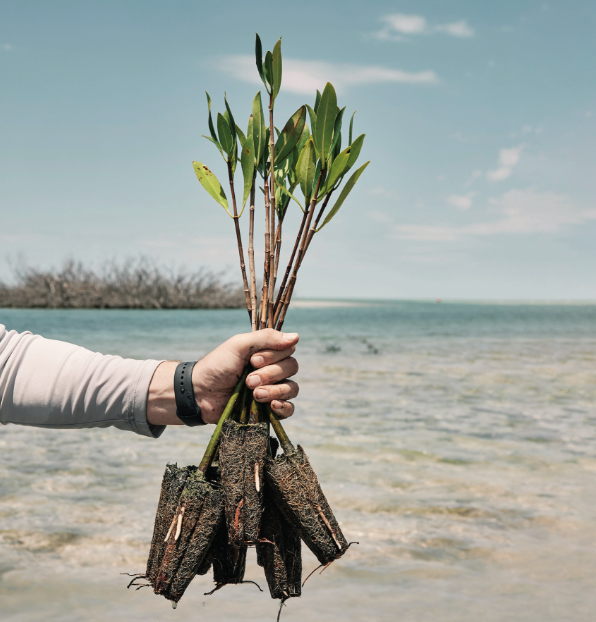10 Sol- Stories Showcasing Resilience at COP28
Freetowns Market Cover Shade Project, a sustainable and innovative initiative, is making a significant impact in protecting women traders from extreme heat and improving their safety and economic opportunities. This project is part of the Race to Resilience campaign, an effort to address the increasing climate pressures faced by communities worldwide. source=climatechampions.unfccc.int
One of the key challenges faced by women traders in Freetown, Sierra Leone, is the extreme heat they endure while working in the market. The Market Cover Shade Project aims to tackle this issue by providing shade and ensuring a more comfortable environment for these traders. By doing so, the project not only enhances their safety but also supports their economic activities.
The innovative methods employed by the project include the installation of shading structures throughout the market area. These structures act as a protective barrier against the scorching sun, safeguarding the women traders from heat-related illnesses. By creating a cooler working environment, the project enables them to continue their businesses without the risk of heat exhaustion or other health complications.
Moreover, the Market Cover Shade Project contributes to the overall resilience of the community in the face of climate change. The initiative aligns with the goals of AdaptationCOP28HealthResilience, emphasizing the need for adaptation strategies to mitigate the impacts of climate change on vulnerable populations. By prioritizing the well-being of women traders, the project promotes inclusivity and demonstrates how innovative solutions can benefit both people and nature.
Through the Race to Resilience campaign, initiatives like Freetowns Market Cover Shade Project are making a tangible difference in ensuring the sustainability and well-being of communities affected by climate pressures. By adopting sustainable practices and harnessing innovative methods, projects like these are paving the way for a more resilient and climate-friendly future. source=climatechampions.unfccc.int
